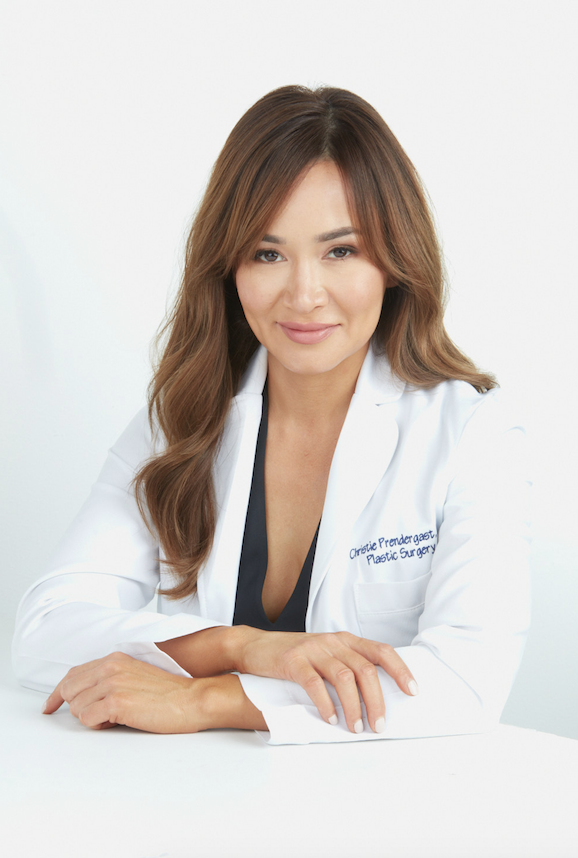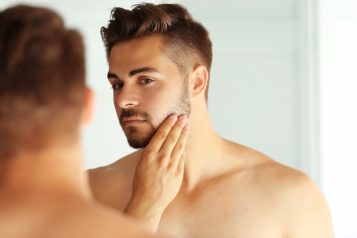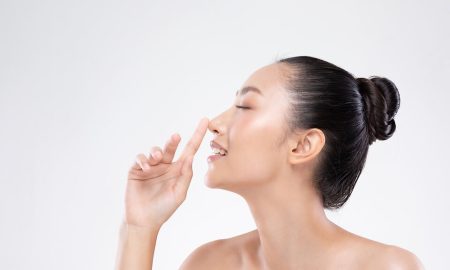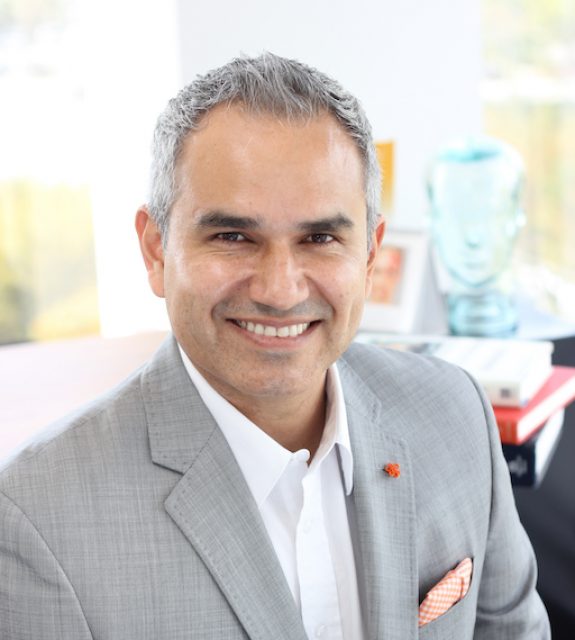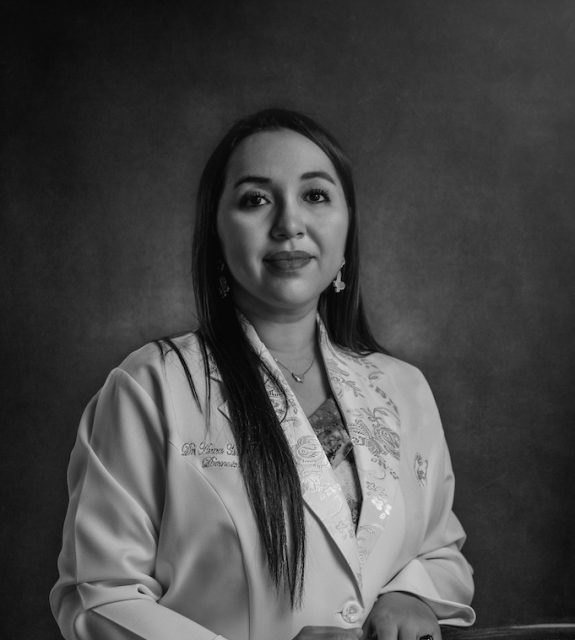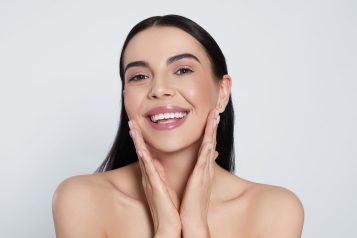Dr. Christie Prendergast's beauty philosophy is to build a good foundation with exercise, inner health and skincare followed by a range of non-surgical or surgical procedures depending on patient goals and age. Dr. Prendergast loves to combine the newest techniques and technology to deliver a gradual transformation. As a fellow boss babe, she caters to career women who are looking for refinements without an obvious transformation. Her signature procedures include minimally invasive surgical and non-surgical facial and body rejuvenation. Her extensive travels have given her an appreciation for the cultural and ethnic differences in beauty. She believes takes an artist to guide patients to interventions that deliver natural and balanced aesthetics. Here, the Medspa expert dishes to Haute Beauty about hyperpigmentation, how to treat the condition and the best products to ensure long-lasting results from treatment.
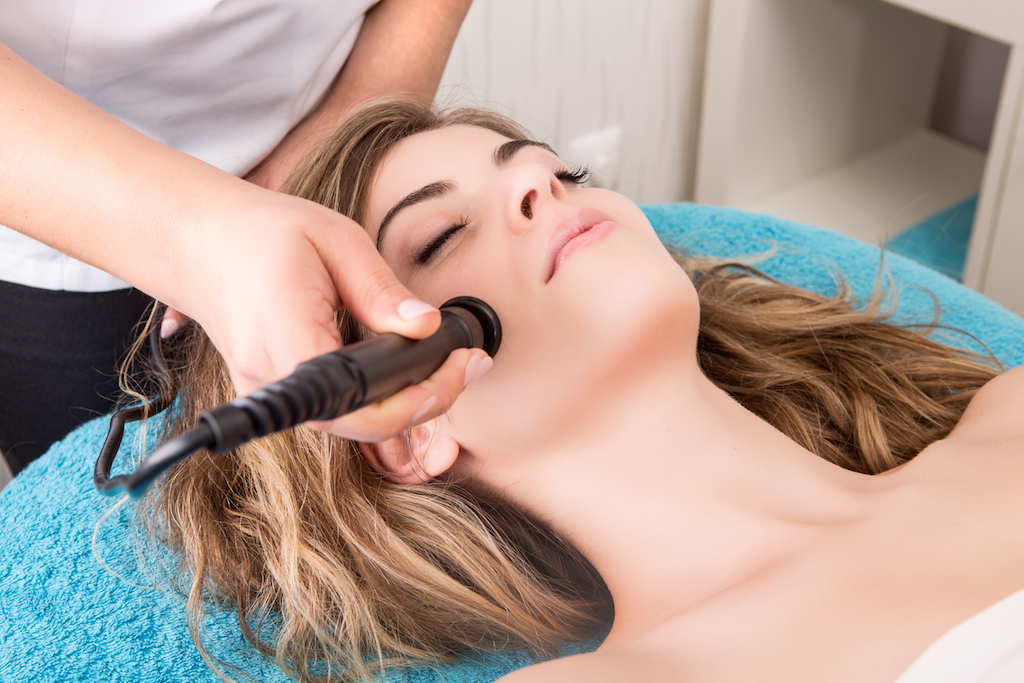
Haute Beauty: What is hyperpigmentation?
Dr. Christie Prendergast: Hyperpigmentation is a very common skin condition where patches of skin are darker than surrounding skin due to melanin deposits. There are a number of reasons why we get hyperpigmentation, such as excess sun exposure, hormones, or in reaction to an injury or skin inflammation.
HB: Which treatment provides the longest-lasting results?
CP: Hyperpigmentation can be a challenging problem and the treatment depends largely on the cause. Melasma is one of the most complex types of hyperpigmentation and is often hormonal or pregnancy-related. It can resolve by itself as your body goes through hormonal changes or may require treatments. Melasma is a complex problem and the best treatment would really require a consultation to discuss the hereditary background, skin type, and perform an examination. For patients who have hyperpigmentation due to sun exposure (sunspots), IPL or lasers can be great treatments with proper patient selection. For patients who have darker skin tones, you want to be careful with any heat-based treatments (like IPL or laser) for treatment of pigmentation as this can result in reactive hyperpigmentation and actually make the problem worse. For the patients who would be prone to reactive hyperpigmentation, I like a more conservative approach using skincare products, chemical peels, microneedling, microdermabrasion or more gentle lasers like Clear & Brilliant with frequent clinic visits.
HB: What are the best products to help extend treatment results?
CP: Post-procedure care in the treatment of hyperpigmentation is as important as the procedures! You really want to use a product that helps suppress melanin while you are treating. The products that I recommend again will depend on the patient’s skin type, compliance, and how deep the pigment is in the skin. In general, we want to use skincare products that lighten the skin such as hydroquinone, kojic acid, retinoids, azelaic acid, or Vitamin C.
HB: How many treatments are necessary to see a difference?
CP: The number of treatments depends on how deep the pigment is in the skin and patient skin type. In general, I like to prepare patients for a long process that requires multiple treatments to see results.
HB: Are treatments for hyperpigmentation safe?
Treatments can be safe with proper patient selection. However, you have to be careful if you are prone to hyperpigmentation. Many treatments that involve heat (like lasers or IPL) can actually worsen hyperpigmentation. Also, you must stay out of the sun when treating hyperpigmentation. The takeaway message, hyperpigmentation is a complex problem that requires a professional to manage. You should approach treatment plans with caution and educate yourself on the procedure that is recommended as well as the provider administering it. This can help you avoid treatments that can worsen the problem. Lastly, always make sure that your treatment is supplemented with a home regimen to ensure long-lasting results.
HB: What is a day like in the office of Dr. Prendergast?
CP: Each day varies greatly. I typically operate a couple of days a week and then see patients in the clinic for procedures or consultations the other days. On operating days, I meet the patient before the operation where we review the plan and I will do any surgical markings I need. I love the protected time in the operating room where you are away from all the daily work and able to focus our art on one patient! I also take facial trauma call on days where I get called into the emergency department to fix complex lacerations that require a plastic surgeon. On clinic days, I will typically start the day working out early with my trainer before the clinic at 9 AM. I love clinic days because that is where I meet new patients and see my existing patient’s results. This is also a great time to schedule business meetings for the many other projects I am working on (stay tuned)!
HB: What are you most looking forward to about fall?
CP: I love the holidays and am looking forward to spending some quality time with my family and friends. The fall is also a great time for skincare treatments! It's the best time to do more aggressive treatments that require sun avoidance and if you are trying to treat hyperpigmentation, fall and winter is the time to do it.







